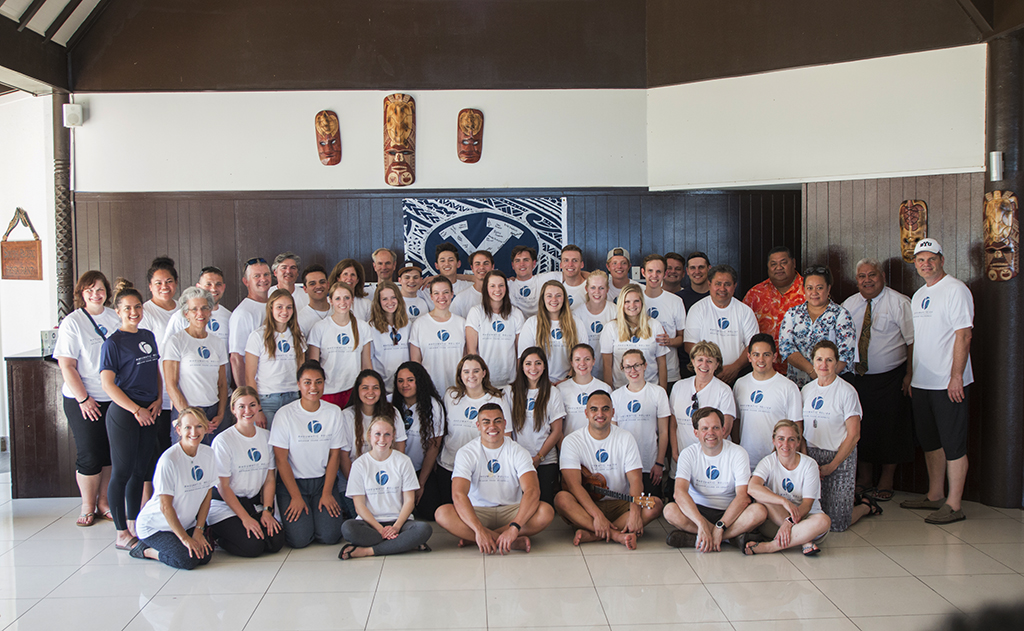Heart specialists visit
A team of rheumatic heart disease specialists are in Samoa to visit and screen children in schools on Upolu and Savaii.
This is part of the humanitarian assistance from B.Y.U. and The Church of Jesus Christ of Latter-day Saints for Samoa.
The team of more than 50 includes medical doctors, professors, and medical and science students at B.Y.U. Provo, Utah.
In partnership with the Ministry of Education, Sports and Culture, the B.Y.U. Rheumatic Relief Team will get a chance to follow up on students who were screened during their visit last year and also identify children in government and other mission schools in Samoa.
The visiting team has also shipped a 40’ containers of medical equipment which includes hospital beds, school kits, crutches, wheel chairs and other supplies to be donated to hospitals in both islands.
“We are here to work with Samoa’s local medical professionals on identifying students on schools on Upolu and Savaii who may have rheumatic heart disease,” Professor Lori Allen said during a press conference at the Sheraton Samoa Aggie Grey’s Mulifanua yesterday.
“The partnership started originally in 2009 when members of our team have been coming. If children have R.H.D. they must have a check to see if their heart is sick and we have the capacities to offer that to the children.”
This year, the team will visit 14 schools on Savai’i and 10 schools on Upolu.
“At the end of this trip, we would have done an initial screening on 5000 children and we would have seen more than 20,000 children,” Professor Lori said.
Cardiologist, Dr. Mory Allen, added their goal each year is to see as many children as they can.
“One effort is to try and screen and identify the new children and second effort is to try and follow up and make sure the children we have identified before are getting the appropriate treatment and that we find out how they’re doing."
“If you look at the world, R.H.D. in places like America, Europe, it is very rare but for some reason and one thing that we’ve done is that we’ve looked at the genetics to see and we do find is that Polynesians in general are susceptible to R.H.D. than other parts of the world that’s one of the reasons we are here because we did find there’s a high probability compared to other parts of the world."
“Now other parts of the world including Africa and parts of India have it as well, but Samoa is in one of those high risk categories.
This could be attributed to genetics or financial status of the country could be a part of it, but we still have yet to identify the cause of R.H.D.”
The symptom of R.H.D. is a sore throat and Professor Lori is reminding parents to take heed of even the slightest complaint of a sore throat by their children.











